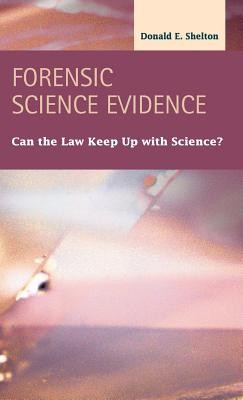
- We will send in 10–14 business days.
- Author: Donald E Shelton
- Publisher: LFB Scholarly Publishing
- ISBN-10: 1593325177
- ISBN-13: 9781593325176
- Format: 14 x 21.6 x 1.9 cm, kieti viršeliai
- Language: English
- SAVE -10% with code: EXTRA
Reviews
Description
Shelton describes the startling questions that have arisen about the reliability of many forms of scientific evidence which were traditionally regarded as reliable and have been routinely admitted to prove guilt. The exonerations resulting from the development of DNA have exposed the lack of truswortiness of much of the "scientific" evidence that was used to convict people who turned out to be innocent. The Congressionally commissioned report of the National Academy of Sciences documented the lack of scientific basis in many of these areas. Nevertheless, Shelton discloses that many courts continue to routinely admit such evidence in criminal cases, in spite of the obligation of judges to be the "gatekeepers" of forensic science evidence. He explores reasons for that phenomenon and describes whether and how it might change in the future.
EXTRA 10 % discount with code: EXTRA
The promotion ends in 22d.02:07:28
The discount code is valid when purchasing from 10 €. Discounts do not stack.
- Author: Donald E Shelton
- Publisher: LFB Scholarly Publishing
- ISBN-10: 1593325177
- ISBN-13: 9781593325176
- Format: 14 x 21.6 x 1.9 cm, kieti viršeliai
- Language: English English
Shelton describes the startling questions that have arisen about the reliability of many forms of scientific evidence which were traditionally regarded as reliable and have been routinely admitted to prove guilt. The exonerations resulting from the development of DNA have exposed the lack of truswortiness of much of the "scientific" evidence that was used to convict people who turned out to be innocent. The Congressionally commissioned report of the National Academy of Sciences documented the lack of scientific basis in many of these areas. Nevertheless, Shelton discloses that many courts continue to routinely admit such evidence in criminal cases, in spite of the obligation of judges to be the "gatekeepers" of forensic science evidence. He explores reasons for that phenomenon and describes whether and how it might change in the future.


Reviews